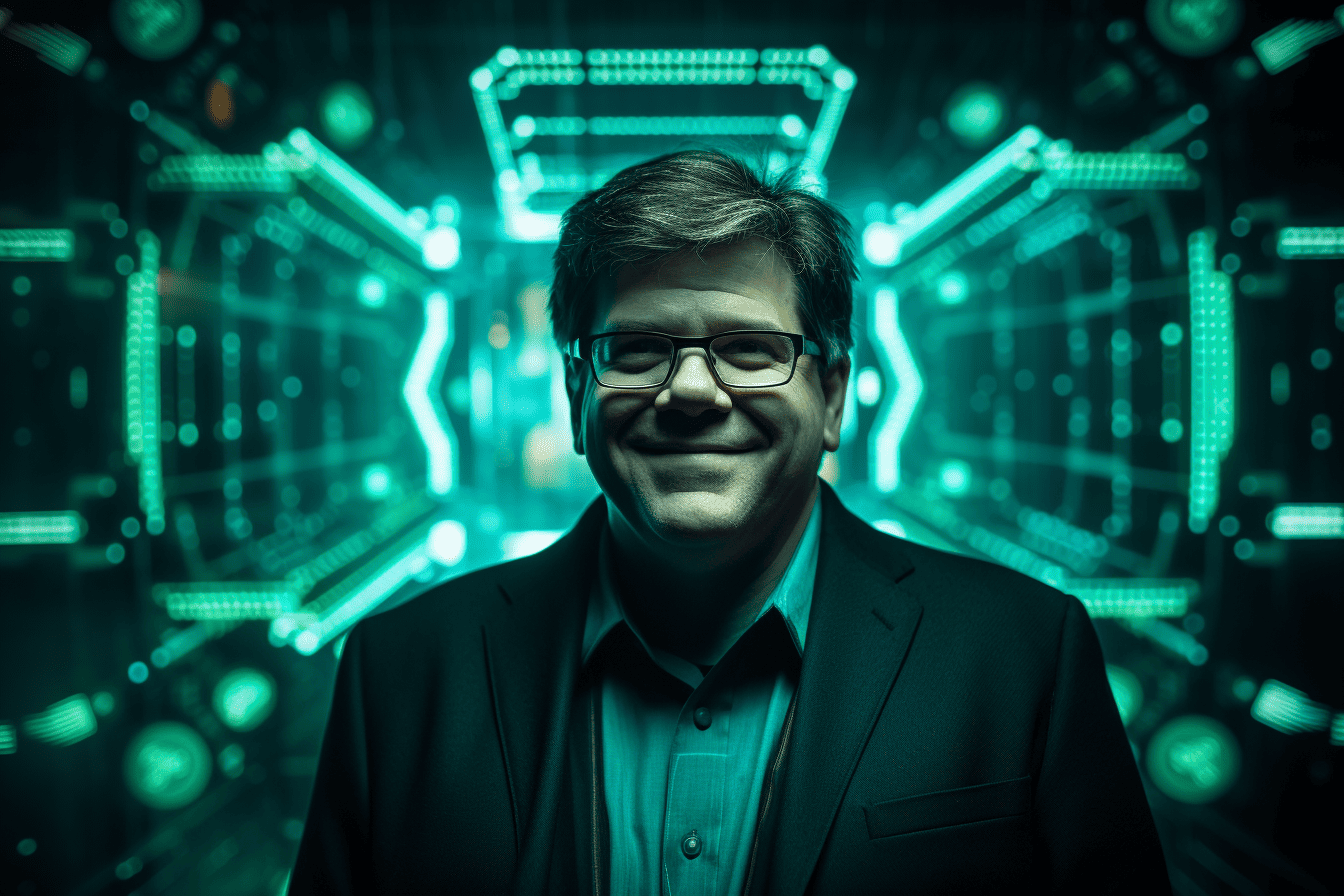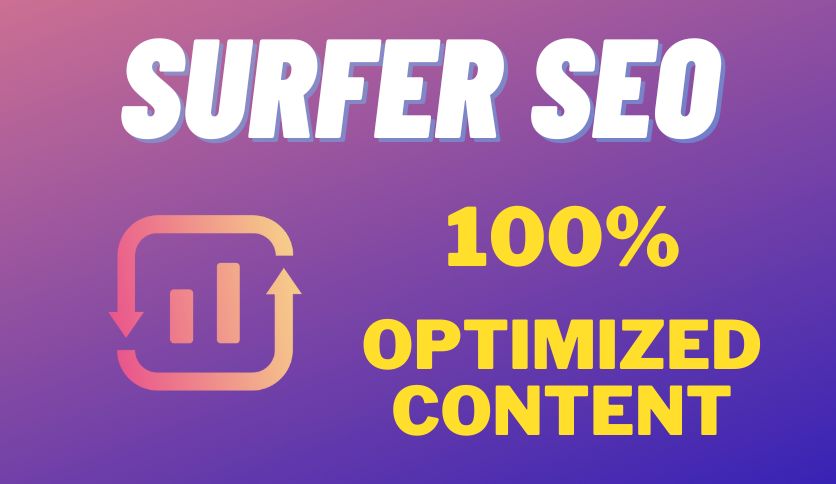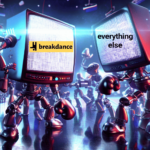If you have been maintaining up with AI developments recently, there is a enormous possibility you have heard about him. Yann LeCun, acknowledged as a single of the “Godfathers of AI,” has manufactured significant developments in Meta as its chief AI scientist. He amongst other acknowledged figures have been taking part in a enormous element in revolutionizing the engineering we know right now.
But what are the issues you may not know about Yann? From his growth of convolutional neural networks (CNN) to his newly proposed Picture Joint Embedding Predictive Architecture (I-JEPA), we will go by way of every little thing you need to have to know about Yann LeCun’s significant contribution to AI developments as effectively as his ideas on what AI could grow to be in the potential.
Who Is Yann LeCun?
Yann André LeCun is a laptop scientist from France who pioneered machine studying, laptop vision, mobile robotics, and computational neuroscience. Yann is broadly acknowledged for his contributions to convolutional neural networks (CNN) and is regarded as a single of the convolutional net’s pioneers.
He acquired his Electrical Engineer Diploma from ESIEE in Paris in 1983 and his PhD in Laptop Science from Universite Pierre et Marie Curie (also in Paris) in 1987. Notably, throughout his PhD, he proposed an early edition of the back-propagation studying strategy for neural networks, which I’ll make clear in detail later on.
He started educating at New York University in 2003 and founded the NYU Center for Data Science a handful of many years later on in 2012.
Shortly right after in 2013, LeCun was employed by Facebook to handle its newly formed AI study branch. He is at present the Chief AI Scientist at Facebook and is also concerned in Meta. He’s been at the business for ten many years.
His Enormous Contributions To Meta
Yann is a significant figure at Meta, because his appointment in 2013, the business has manufactured important advances in artificial intelligence, especially in organic language processing and laptop vision. “Despite important advances in AI study, we are nevertheless a prolonged way from making machines that can believe and find out like humans”, he mentioned.
Yann draws a clear distinction among a teenager studying to drive in about twenty hrs with no prior expertise behind the wheel and present autonomous driving programs that need to have enormous quantities of labeled instruction information and reinforcement studying trials to operate however nevertheless fall quick of human driving dependability.
He just lately proposed a new architecture Meant to conquer essential limitations of even the most superior AI programs right now. The Image Joint Embedding Predictive Architecture (I-JEPA). It is a model that learns by making an inner knowing of the planet, rather than evaluating pixel-degree specifics. I-JEPA not only succeeds in several laptop vision duties, but it also outperforms typically employed versions in terms of computational efficiency.
At a large degree, the I-JEPA purpose is to predict the representation of some components of an input (this kind of as an picture or text) primarily based on the representation of other components of the exact same input. It is meant to steer clear of the biases and problems linked with yet another broadly employed technique acknowledged as invariance-primarily based pretraining since it does not involve collapsing representations from numerous views/augmentations of an picture to a single stage.
What is wonderful is that the representations obtained employing I-JEPA are adaptable to a broad assortment of applications with no requiring considerable fine-tuning.
His Ideas on Work Employment
Although numerous are concerned about the possible of AI to substitute a broad assortment of jobs as effectively as some businesses, he assured that It is not most likely to occur. He advised the BBC in an interview, “This is not going to place a whole lot of individuals out of perform completely”. “But perform would modify since we have what the most prominent jobs will be twenty many years from now”, he mentioned. “Intelligent computer systems would produce ‘a new renaissance for humanity’ the way the web or the printing press did”.
He also spoke ahead of a vote on Europe’s AI Act which is developed to regulate artificial intelligence. In accordance to his conversations with European AI commence-ups, “they will not like it at all, they believe it is also broad, possibly also restrictive.” Nonetheless, he stated that he was not an skilled on the legislation. He mentioned that he is not opposed to regulation, but that each and every application would call for its very own set of laws, for instance, separate principles would govern AI programs in autos and individuals scanning health care pictures.
His Ideas on LLMs
Yann offers his ideas with regards to Language Language Models (LLMs), pointing out the buzz surrounding them. He urges to be cautious, pointing out that merely rising the dimension of these programs would not drive us to human-like intelligence. He describes the progress as “intriguing,” but not as “the ultimate location.”
He also stresses that open-supply generative versions have existed for a prolonged time with no creating the catastrophic troubles that numerous are afraid of. He believes that choices of mass disinformation and hacking are excessively dramatic, related to some thing out of a James Bond movie.
Yann believes that society must believe in engineering to be employed for excellent, even if there is a chance of misuse. He draws analogies among previous technologies this kind of as the printing press and the web, emphasizing their enormous positive aspects in spite of specific disadvantages. He follows by stating that, even though some could sense existential threats, present AI programs do not.
His Contribution to Neural Networks
His perform on convolutional neural networks (CNNs) has had a important affect on laptop vision, revolutionizing duties this kind of as image recognition, object detection, and segmentation. Notably, his achievements garnered him the prestigious “Turing Award” in 2018, which has been in contrast to the “Nobel Prize of Computing,” which he shared with Yoshua Bengio and Geoffrey Hinton, highlighting the general result of their perform on deep studying.
It is also fantastic to mention that he co-produced the DjVu image compression technique with Léon Bottou and Patrick Haffner, which is especially geared in the direction of the compression of scanned paperwork in shade at large resolution. It permits any display with an Web connection to entry and show photographs of scanned pages even though properly recreating the fonts, shade, drawings, photographs, and paper texture. A normal magazine web page in shade at 300dpi can be compressed down to forty to 60 KB, which is around five to ten instances much better than JPEG for a related degree of subjective top quality.
He also co-produced the Lush programming language (with bottou) which is a Lisp-like object-oriented programming language developed for researchers, experimenters, and engineers interested in numerical applications, which includes laptop vision and machine studying.
His Achievements
LeCun is broadly regarded as a pioneer in the fields of computing and artificial intelligence. He has been honored with many prestigious awards in recognition of his important contributions to different fields this kind of as:
- Turing Award (2018): Typically hailed as the “Nobel Prize of Computing,” this yearly recognition by the Association for Computing Machinery (ACM) lauds men and women for their profound contributions to the computing realm.
- AAAI Fellow (2019): Acknowledged by the Association for the Advancement of Artificial Intelligence (AAAI), this fellowship underscores LeCun’s important contributions to the area of artificial intelligence.
- Legion of Honour (2020): Bestowed by the French government, this esteemed buy of merit recognizes LeCun’s exceptional military and civil contributions.
- Doctorates Honoris Causa: Numerous universities have awarded LeCun honorary degrees in recognition of his exceptional contributions to certain fields and society at big.
- Pender Award: Presented by the University of Pennsylvania, this accolade celebrates LeCun’s considerable contributions to electrical engineering.
- Holst Medal: Conferred by the Technical University of Eindhoven and Philips Labs, this medal acknowledges LeCun’s important affect on the area of electrical engineering.
- Nokia-Bell Labs Shannon Luminary Award: Recognizing exceptional contributions to details concept, this award from Nokia Bell Labs highlights LeCun’s influential perform.
- IEEE PAMI Distinguished Researcher Award: Bestowed by the Institute of Electrical and Electronics Engineers (IEEE), this award celebrates LeCun’s noteworthy contributions to pattern examination and machine intelligence.
- IEEE Neural Network Pioneer Award: Presented by the IEEE Computational Intelligence Society, this award honors LeCun’s considerable affect on the area of neural networks.
What He Thinks About AI
Yann’s see is mixed with the two individual and expert expertise. Regardless of his prior successes with neural networks, he does not permit them to get above his self confidence in present controversial opinions. As a scientist, he’s also ready to express what he thinks.
His time at Meta has offered him a distinctive appear behind the scenes, making it possible for him to see motivations that could not match public perceptions. When confronted with claims that functioning at Meta is inherently unethical, he responds by highlighting the difficult nature of ethical concerns in engineering.
He also mentioned that the rise of artificial general intelligence (AGI) inside the following 5 many years, is unlikely. He does, nevertheless, feel that machines will at some point outperform human intelligence. He also emphasizes that this growth must not be interpreted as a risk.
Even as somebody who is referred to as a single of the “Godfathers of AI” he understands the chance of unforeseen consequences in the area of artificial intelligence. Even now, he’s fairly established to proactively get on and navigate ethical problems that come with learning artificial intelligence, often striving to chart the greatest path forward. He’s an influential figure in the business for confident, and it’ll be thrilling to see what he does in many years to come.




